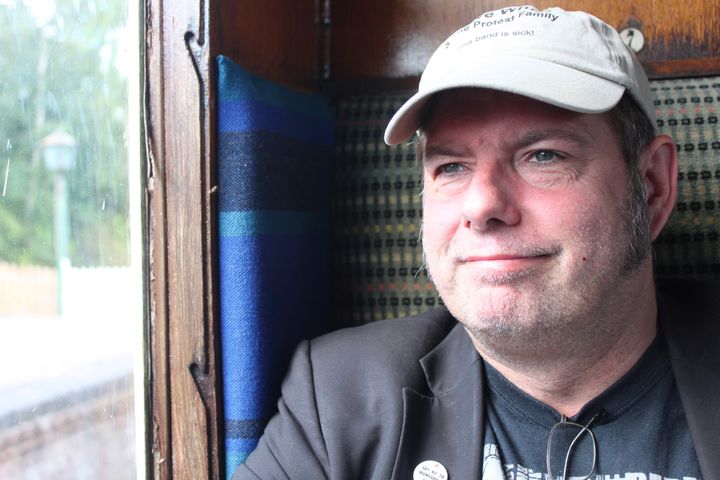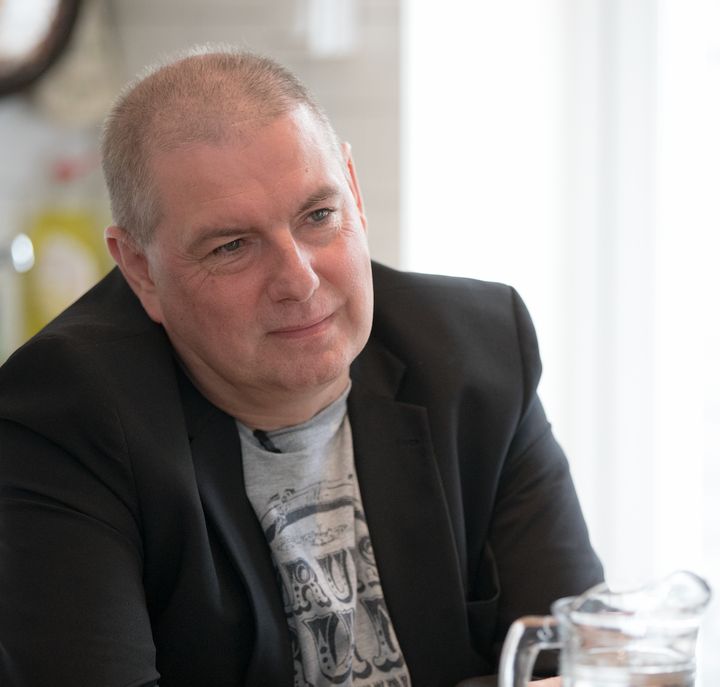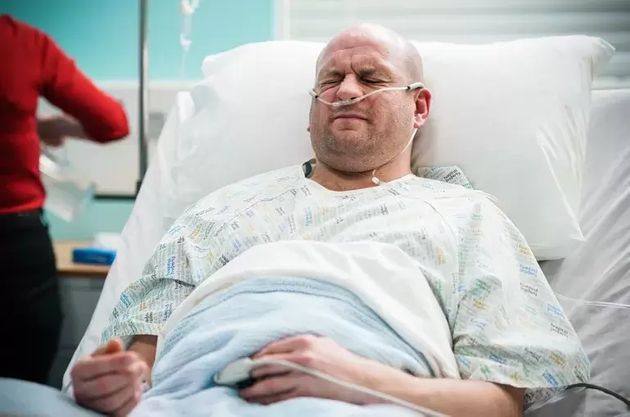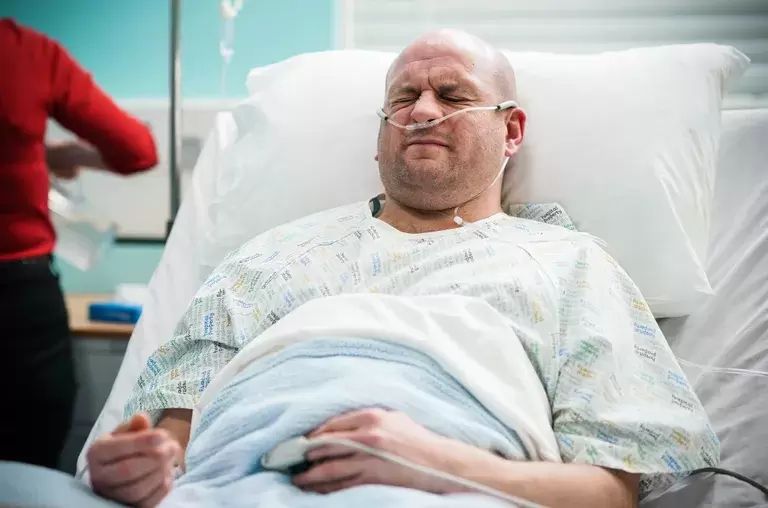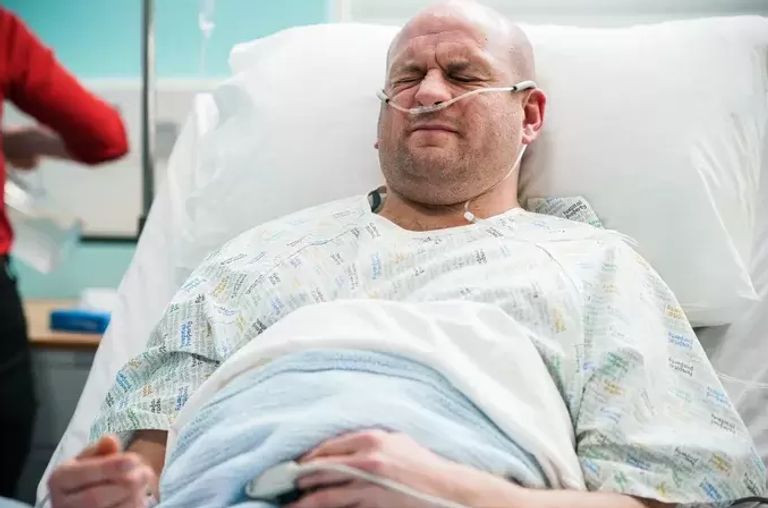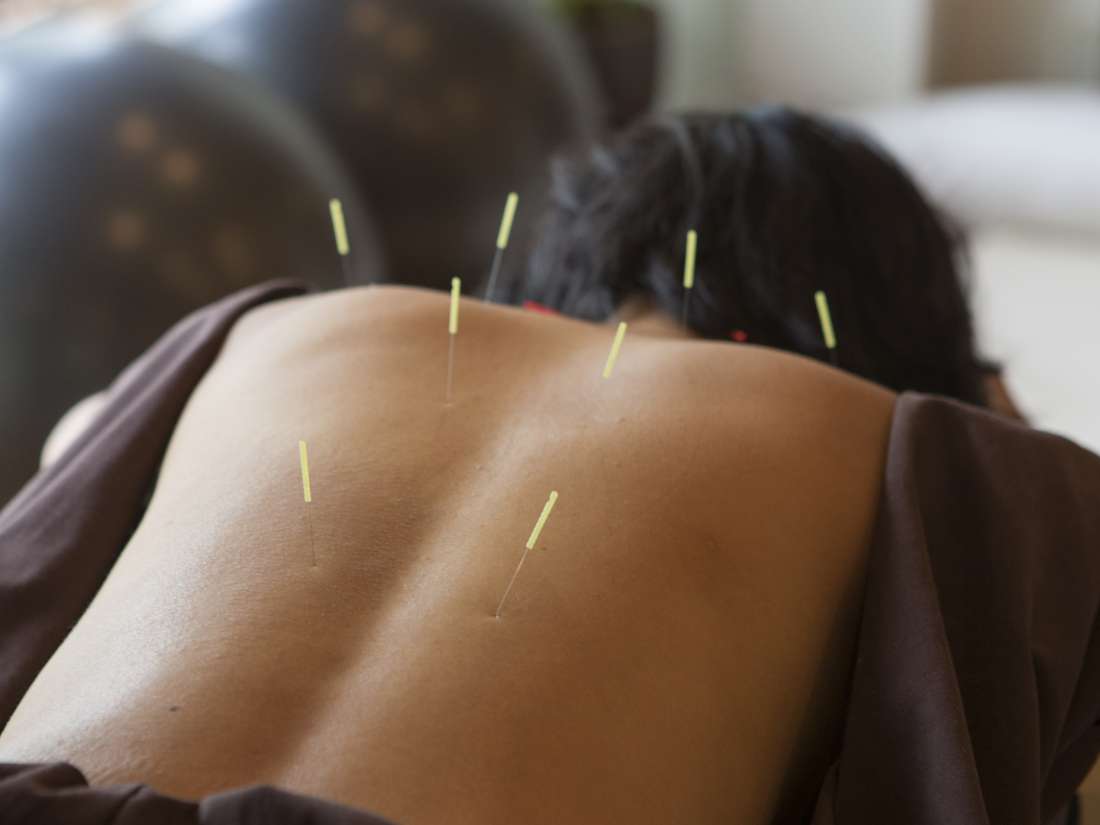
Any woman who takes the pill knows it comes with risks: mood changes, irregular periods, mental health issues, and cancer.
If you’re on the ‘mini pill’ there’s a slight chance you could develop breast cancer, researchers now say.
Advertisement
The new study in PLoS Medicine journal is the first of its kind to analyse the risks for users of the mini pill. We know that taking the pill can be a negative experience for women but some hormonal contraceptives can lower the risk of womb and ovarian cancers. All in all, women need to weigh up their options before choosing a contraceptive pill.
What is the mini pill?
The mini pill also known as the progesterone-only pill stops pregnancy by thickening the mucus in the cervix to stop sperm from reaching an egg, according to the NHS.
It must be taken every day at the same time in order for it to work. If taken correctly, it’s more than 99% effective.
There are two different types of progesterone-only pills:
- 3-hour progestogen-only pill – (traditional progestogen-only pill) this must be taken within 3 hours of the same time each day
- 12-hour progestogen-only pill (desogestrel progestogen-only pill) this must be taken within 12 hours of the same time each day
What are the risks of developing breast cancer?
The risk of developing breast cancer on the mini pill increases with age. Younger women are less likely to be diagnosed with breast cancer although this age group is most likely to be on the pill.
30,000 patient records that were held by family doctors were analysed by the researchers. The risk of a woman developing cancer within the next 15 years increased by 20-30% if she’s been on the pill for five years, but it’s contingent on the age of the woman.
The researchers in this study concluded that in a group of 100,000 women aged 35-39, nearly 2000 of them are likely to develop breast cancer within the next 15 years though this is determined by several factors which are not linked to being on the pill. So in actuality, it isn’t a large number.
“I don’t really see that there’s any indication here to say that women need to necessarily change what they’re doing,” Oxford University researchers, Prof Gillian Reeves, said.
“The main purpose of doing this research was really to fill a gap in our knowledge.”
What are the signs of breast cancer?
Manveet Basra, head of public health and wellbeing at Breast Cancer Now, says many women may know that a lump can be a possible symptom of breast cancer, but it’s “vital” to know that there are other signs to be aware of too.
These are:
- A lump
- Thickening of breast tissue that feels different from the rest of the breast
- Nipple discharge
- Dimpling or puckering of the skin of the breast (looks like orange peel)
- The breast looking red or inflamed
- Swelling in the upper chest or armpit
- A change in breast size or shape
- Your nipple becomes inverted or changes shape
- Constant pain in your breast or armpit
While most breast changes won’t be cancer, it’s crucial you get any new or unusual breast changes checked by your GP right away. But, what does a lump actually feel like?
“It can either be deep or toward the skin itself. Typically it is not painful. It’s typically not easily movable but oftentimes fixed in a particular space, meaning it doesn’t shift in its location all that easily. In terms of shape, it is oftentimes round but sometimes it can be a little bit more irregular than that.”
Some experts have suggested the size of a breast lump ranges from as small as a pea to larger than a golf ball. Indeed, Kamal notes that many of his patients have compared it to a pea.



